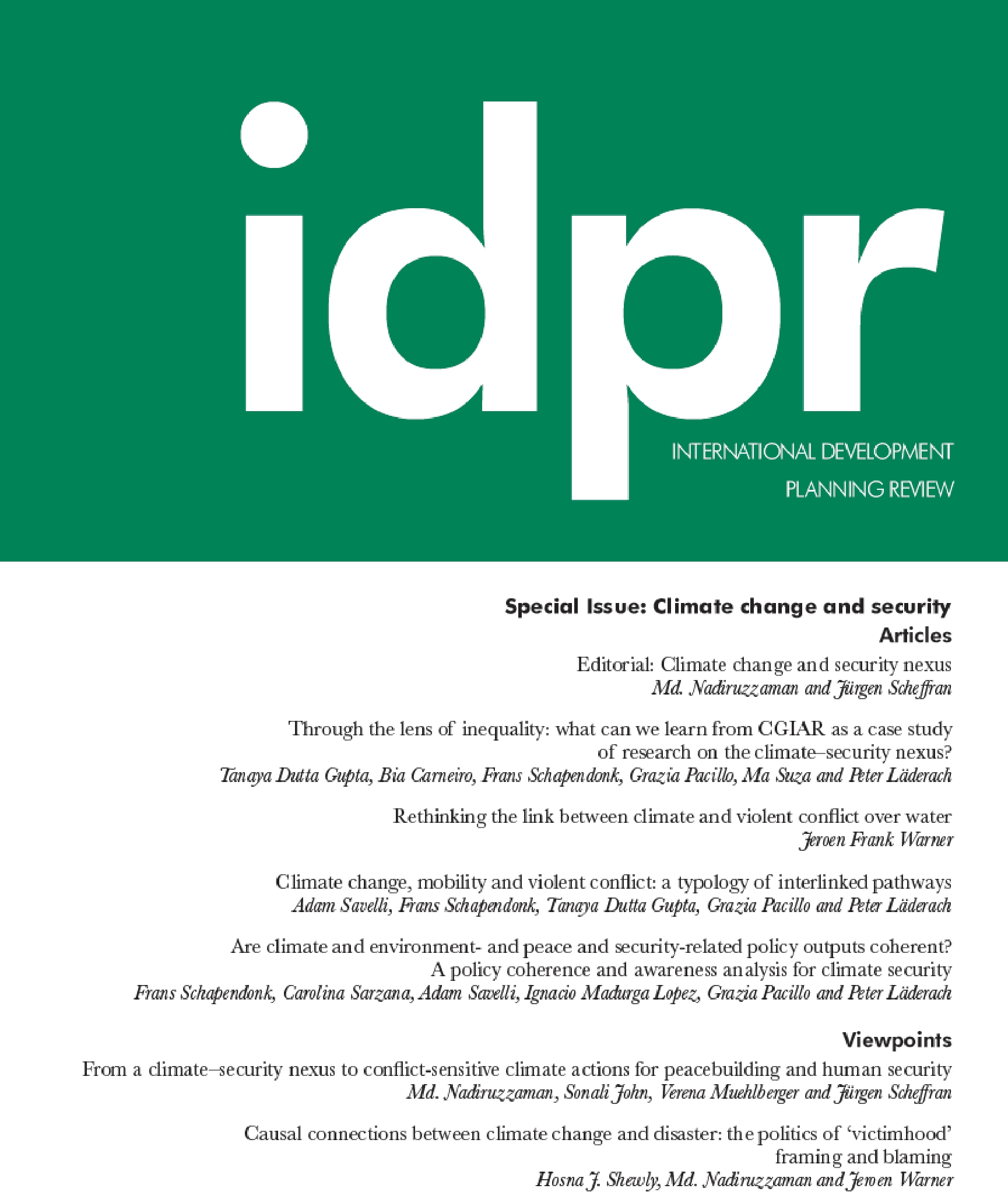EDUCATIONAL INTENTIONS OF HIGHER SECONDARY SCHOOL STUDENTS: TEST OF PLANNED BEHAVIOUR THEORY
Abstract
The present study investigates the educational continuation decisions and planned behavior of higher secondary level school students at the verge of continuing to higher education. While investigating behavior can be challenging, it is important to have a framework to study their behaviors and find if this is connected to educational decisions. The purpose of this research is to discuss how “The Theory of Planned Behaviour” (Ajzen, 2005) may be used in educational research for explaining why students continue or not continue their education beyond schooling. Drawing on a sample of 340 higher secondary school students, planned behaviour was assessed, along with outcome variable (educational continuation decisions), using a classroom survey. Ajzen (2005) questionnaire is modified and validated for this study to assess students' planned behaviour. The responses for educational continuation decisions were sought using a 3-point scale (Definitely will, probably will, and probably not). Student planned behaviour varied across gender. The results of the multinomial logistic regression conducted between educational continuation decisions and three constructs of Planned Behavior show that only one construct- a high Subjective Norms- turned out to be the predictor of decisions of a probability in continuing education.






